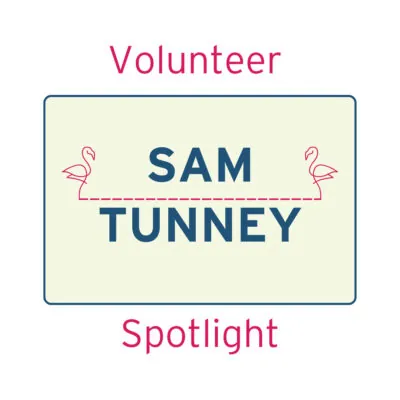My goal is that ALL medical students will leave medical school with a greater appreciation and understanding of this disease process, allowing them to better treat this niche group of patients.

After graduating from college in 2023, I planned to take a gap year to study for the MCAT and bolster my clinical experience as a medical scribe at the Medical University of South Carolina. It was here that I was randomly placed in multiple otolaryngology clinics, including Dr. Habib Rizk’s, commonly known as the “Dizzy Clinic”. During the 8-10 months I spent working full-time with Dr. Rizk and his vestibular team, I fell in love with otolaryngology and grew a particular interest in the niche area of medicine dealing with vestibulopathies. Seeing the referrals from general practitioners, the frustration of patients who had failed multiple lines of treatment, and the cutting-edge research Dr. Rizk’s team was conducting behind the scenes made me truly appreciate and recognize how little awareness there was for this disease process.
Furthermore, moments where I saw the absolute relief that successfully treated patients experienced after the alleviation of their symptoms struck me at my core, how debilitating these conditions can be, and how important it is that our future physicians are prepared and knowledgeable of the signs, symptoms, and treatments of these conditions. Diagnoses such as “migraine” simply do not cut it when it comes to these conditions, and a more elaborate understanding of the variety of these conditions is paramount to increasing the efficacy of treatment for those patients, primarily among general practitioners as well as physical therapists. I also became aware of Dr. Rizk’s affiliation with the Vestibular Disorders Association (VeDA) during my gap year.
The organization’s pedigree in the eyes of some of the most renowned vestibular specialists, as well as its goals and patient outreach, ultimately led me to seek out membership in the community as a medical student. After founding the Otolaryngology Student Interest Group at the University of South Carolina School of Medicine, I decided to implement VeDA into the group’s volunteering focus and to broaden its reach to a new audience: the future physicians of this country. My goal is that ALL medical students, not just those with interests in otolaryngology/neurology, will leave medical school with a greater appreciation and understanding of this disease process that will allow them to better treat this niche group of patients.